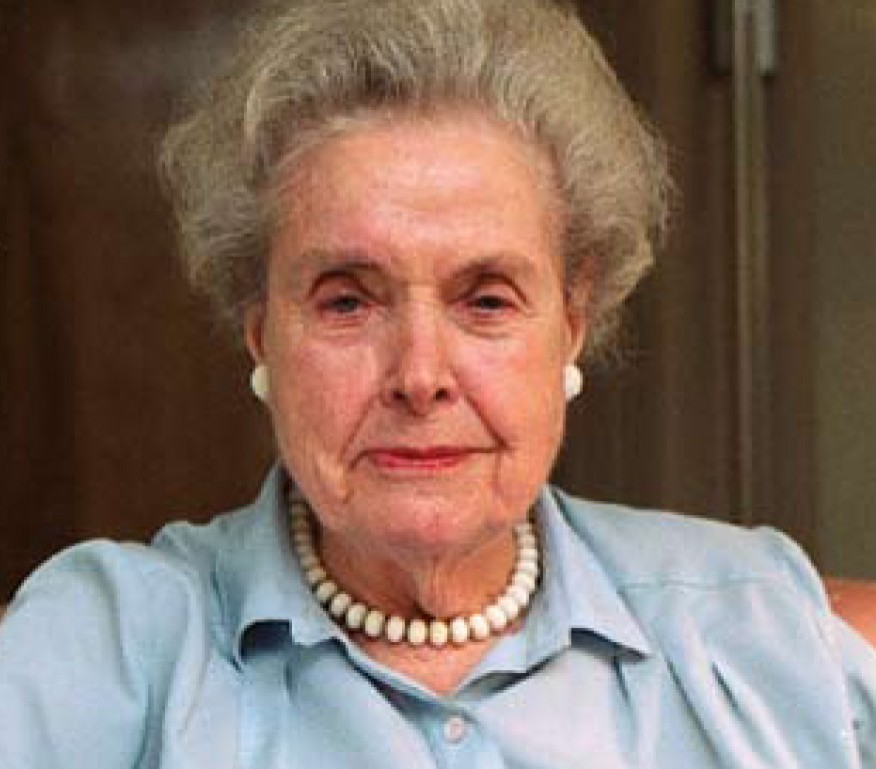Michigan gave me the best possible social science education
Alumnus Larry Davis (PhD ’77) makes a great cheerleader for the School. Dean of the University of Pittsburgh School of Social Work since 2001, he recognizes that “so much of what I have become is a direct result of receiving my doctorate from Michigan.” By putting his praise into action, he has enabled the School to establish a fully endowed student scholarship fund.
Davis named the Clara P. Davis and Larry E. Davis Scholarship Fund in part after his mother, from whose assets the fund is financed. Clara Davis, who worked in the Grey Iron Foundry in Saginaw, Michigan, for 37½ years, was concerned about social justice and the poor. For this reason, Davis designated the scholarship fund for doctoral students whose research focuses on poverty and social justice.
Davis credits the School’s success to three aspects. First, the curriculum: the students are well-grounded in theory. “Theory tells you why something works and allows you to transcend situations. Michigan has given its graduates a lot of theory. We can think.”
Second, the tremendous faculty. “A host of people looked after my entire time at Michigan,” Davis says, citing the late Norma Radin, as well as Professors Emeriti Charles Garvin and Rosemary Sarri.
Third, the networks. Davis’s professors and studies at U-M built bridges for him.
After graduating from the University of Michigan with a joint doctoral degree in social work and psychology, Davis became professor of social work and psychology at the George Warren Brown School of Social Work at Washington University in St. Louis, Missouri. Davis focused on social psychology—the interaction of race, gender, and class on interpersonal interaction—and wrote two books, Race, Gender, and Class and Black and Single.
Davis keeps in touch with the U-M SSW in many ways, including presently serving on the visiting committee. “I’ll never sign off.”
I don’t think people realize how much it costs to be a student
As Professor Emerita Kay Reebel creates the Katherine Reebel Student Scholarship Fund, she recognizes that her interest in public welfare stems from her experience in the Depression. “I was astonished at how my parents’ friends managed to survive in 1933,” says 98-year-old Reebel. “At that time, social services came only from private agencies, churches, and the Jewish communities.”
Reebel first worked in the Public Welfare Department in Pittsburgh and earned masters degrees in psychology and psychiatric social work. She helped to form the department of social work at the University of British Columbia from 1944 to 1946 before teaching social work at The Ohio State University.
Recruited to the U-M School of Social Work in 1952, Reebel eventually became a full professor. Her accomplishments included leading the development of a specialization in medical social work, contributing to the casework program, and teaching classes in practice methods, health and rehabilitation, alcoholism, and gerontology.
In 1974 the Regents recognized Reebel’s accomplishments at the School by appointing her professor emerita, noting, “As a dedicated teacher she has been a source of inspiration, guidance, and encouragement for her many students. Her colleagues attest to her high standards of quality and excellence in the practice of social work and her willingness to share her special areas of knowledge in a supportive and helpful way.”
Reebel finds that this is not the first time that she has looked out for student needs. While a professor at the School, she raised money for student scholarships from the Veterans Administration and other agencies.
“I want money to go to students,” Reebel declares. “I don’t think people realize until they are students themselves how much it costs to be a student. Tuition is not the only expense. There are living costs, students have to travel to agencies all over the state, and books alone are $80 a copy. It’s quite an investment.”
—Tanya C. Hart is editor of Ongoing.
